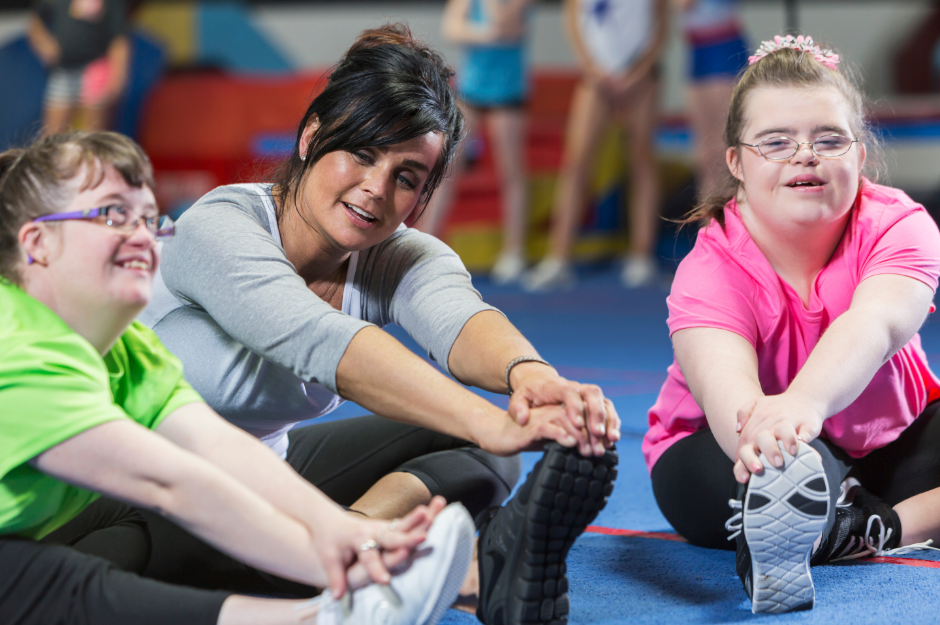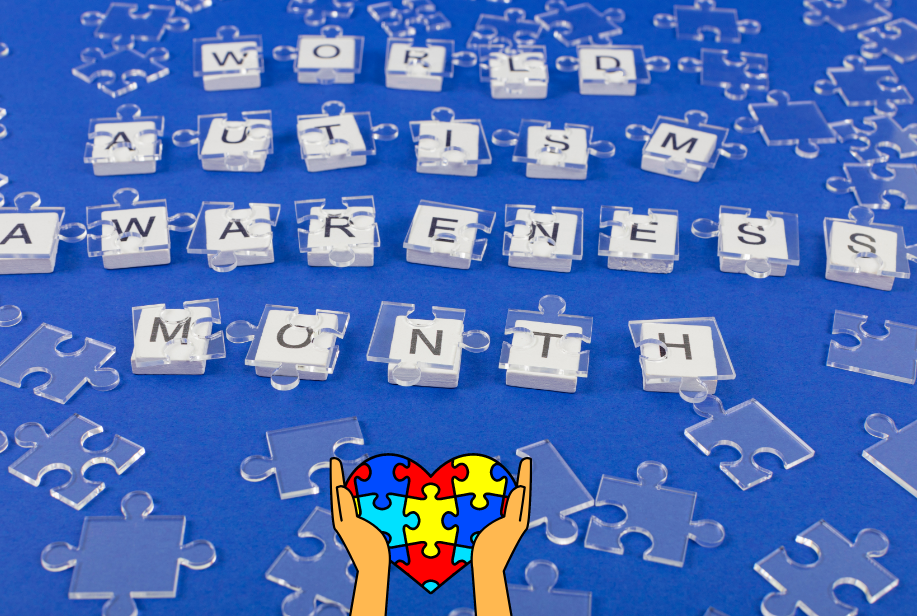STRESS—WHAT’S IT DOING TO YOUR CHILD & HOW TO DEAL WITH IT Students today are under more stress than ever. The statistics are compelling and it’s up to us...

Schedule a Consultation Now
Sussan, Greenwald & Wesler >
Sussan, Greenwald & Wesler >

STRESS—WHAT’S IT DOING TO YOUR CHILD & HOW TO DEAL WITH IT Students today are under more stress than ever. The statistics are compelling and it’s up to us...

PROTECTING YOUR KIDS ONLINE How are children harmed on social media? Everyone’s on social media these days, including elementary school...

September is National Yoga Month Back in the 1960s, yoga was associated with flower power, pot smoking, and the hippie lifestyle. It was seen as...

PREP TALK FOR PARENTS Back to School Preparedness Summer days are waning and it’s time to turn your attention to back-to-school tasks. For those...

July is Disability Pride Month Why is July Disability Pride Month? The Americans with Disabilities Act became law in July of 1990, and the...

Global Accessibility Awareness The purpose of Global Accessibility Awareness is to increase awareness of access to digital resources, awareness of the...

May is Allergy and Asthma Awareness Month Who has life-threatening allergies? Approximately 6 million children in the United States have food...

April is World Autism Awareness Month What is Autism? According to the Centers for Disease Control and Prevention, Autism Spectrum Disorder (aka...

Developmental Disabilities Awareness Month (Continued) - Part II How Do Students with Disabilities Live? Students you know may have disabilities...

March is Developmental Disabilities Awareness Month – Part I What is a Disability? The term “Disability” has been defined in a number of ways....
It’s a common misconception that a will and an estate plan are the same thing. After all, everyday language is less precise than legal terminology, and many people believe they’re finished with their estate after making a will if they don’t own a business or have any...
Your estate plan is meant to not only give you peace of mind, but also assist each of your loved ones in different ways. If someone you care about has a disability, the best way to provide for that individual may be setting up a special needs trust. In particular,...
In the early months of 2025, uncertainty and turmoil over the changes in education have placed school districts and parents in a state of anxiety. This is especially true for parents of students with special needs. History of IDEA and U.S. Department of Education...
As a parent navigating New Jersey's special education system, you're already a fierce advocate for your child. But in the complex world of IEPs and 504 plans, crucial technology accommodations often remain hidden in plain sight—tools and resources your child is...
A solid New Jersey estate plan does more than distribute assets—it protects your legacy and spares loved ones from unnecessary burdens. Your plan will typically include a will that sets forth your wishes, strategic trusts, essential legal directives, and smart tax...